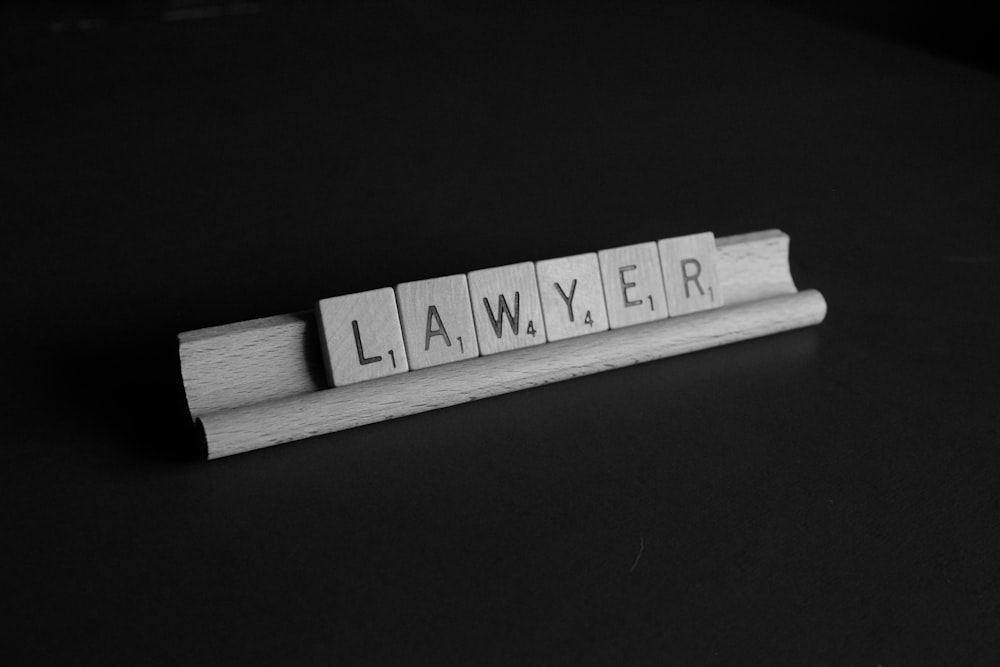
Legal Insights into Law Class Action Lawsuit Strategies
Navigating Law Class Action Lawsuit Strategies: A Comprehensive Guide
Understanding Class Action Lawsuits
Class action lawsuits present unique legal challenges and opportunities for both plaintiffs and defendants. These lawsuits involve a group of individuals collectively seeking legal recourse for similar grievances against a common defendant. Understanding the intricacies of class action litigation is essential for devising effective legal strategies.
Assessing Plaintiff Objectives
In class action lawsuits, plaintiffs typically seek financial compensation, injunctive relief, or both. Plaintiffs’ objectives may vary depending on the nature of the case and the damages incurred. Identifying and prioritizing plaintiff objectives is crucial for shaping litigation strategies and determining the most favorable outcomes.
Identifying Class Representatives
Class representatives play a pivotal role in class action lawsuits, as they represent the interests of the entire class of plaintiffs. Selecting suitable class representatives with credible claims and compelling narratives is essential for building a strong case and garnering support from the court and class members.
Certification Challenges
Obtaining class certification is a critical milestone in class action litigation. Courts rigorously evaluate factors such as numerosity, commonality, typicality, and adequacy of representation before certifying a class. Overcoming certification challenges requires meticulous preparation, compelling evidence, and persuasive legal arguments.
Developing Legal Theories
Successful class action lawsuits often hinge on the development of sound legal theories that establish liability and damages. Attorneys must conduct thorough legal research, analyze relevant statutes and precedents, and craft persuasive arguments that withstand judicial scrutiny. Innovative legal theories can strengthen the plaintiff’s position and enhance the likelihood of success.
Leveraging Discovery Tools
Discovery plays a crucial role in uncovering evidence, identifying witnesses, and building a compelling case in class action lawsuits. Attorneys employ various discovery tools, including interrogatories, depositions, document requests, and expert examinations, to gather relevant information and support their legal theories.
Navigating Settlement Negotiations
Settlement negotiations are common in class action lawsuits, offering parties an opportunity to resolve disputes outside of court. Attorneys must balance the interests of their clients with the potential benefits and risks of settlement. Negotiating favorable terms requires skillful advocacy, creative solutions, and a thorough understanding of the underlying legal issues.
Preparing for Trial
In cases where settlement negotiations fail to produce a satisfactory outcome, class action lawsuits proceed to trial. Preparation is key to success at trial, encompassing witness preparation, evidentiary presentations, and legal arguments. Attorneys must anticipate challenges, adapt strategies, and effectively advocate for their clients’ interests in the courtroom.
Navigating Ethical Considerations
Class action litigation raises complex ethical considerations for attorneys, including conflicts of interest, attorney-client privilege, and fee arrangements. Adhering to ethical standards is paramount to maintaining the integrity of the legal profession and ensuring fair representation for all parties involved.
Adapting to Legal Developments
The legal landscape surrounding class action lawsuits is constantly evolving, with new statutes, regulations, and judicial decisions shaping the framework of litigation. Attorneys must stay abreast of legal developments, engage in continuing education, and adapt their strategies accordingly to navigate the ever-changing legal terrain.
Conclusion
Navigating class action lawsuit strategies requires a comprehensive understanding of legal principles, procedural rules, and ethical considerations. By leveraging legal insights, developing innovative strategies, and advocating zealously for their clients, attorneys can navigate the complexities of class action litigation and achieve favorable outcomes for their clients. Read more about law class action lawsuit







